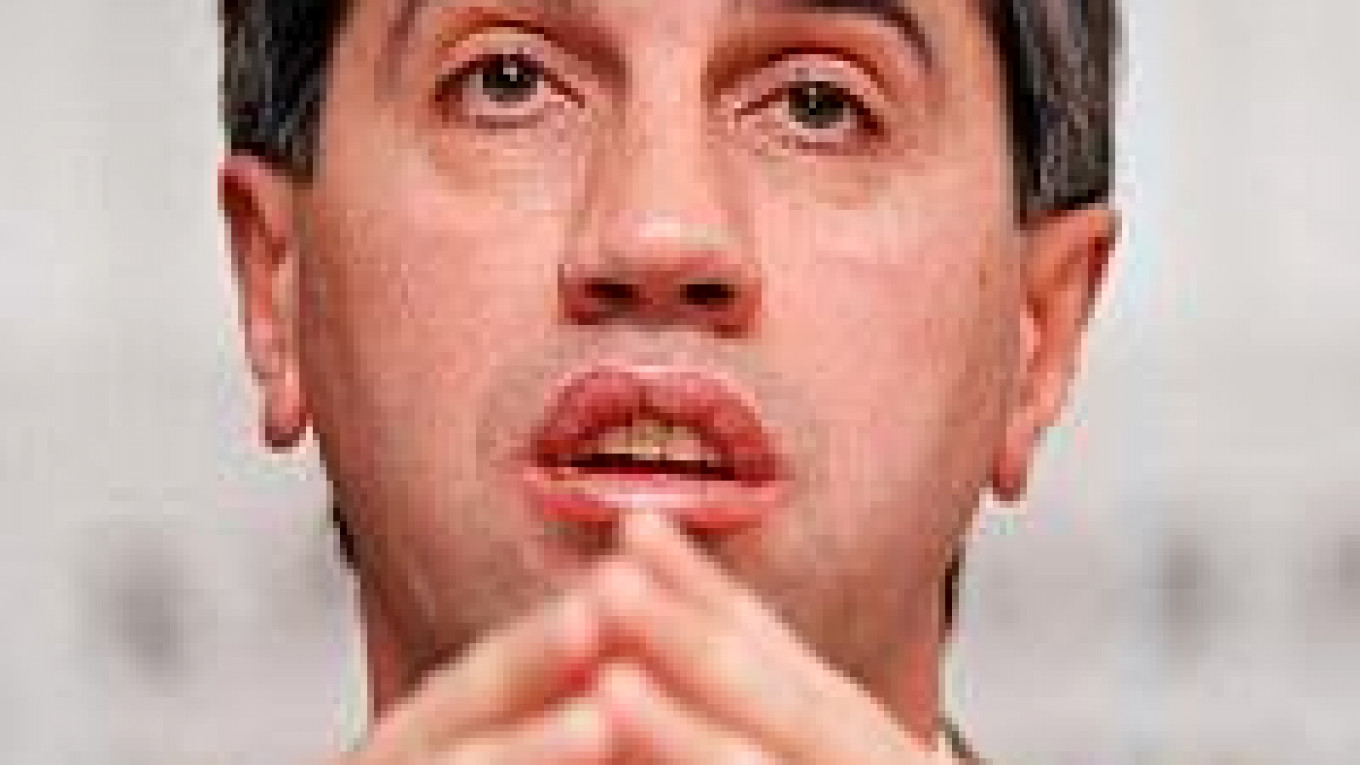RusAl now owns 100 percent of the Krasnoyarsk aluminum plant, or KrAZ. The company confirmed reports of a deal with Bykov, but did not say how much it had paid.
It is unclear what role a lawsuit by Bykov against RusAl played in the sale. In 2002, a Swiss court ordered RusAl to pay $107 million to Bykov's company Aldeco for breach of contracts. RusAl balked at the ruling.
Analysts said that any deal between RusAl and Bykov is likely to have included a resolution of the lawsuit.
"Out-of-court settlements usually pay less," said NIKoil metals analyst Slava Smolyaninov. "RusAl probably paid between $40 million and $80 million for the full package, including the stake."
With the Swiss court's ruling hanging over the company and Bykov's stake in KrAZ seen as a liability to future stability, RusAl sought a settlement, Smolyaninov said.
"Any possibility for conflict is unwanted if RusAl plans to enter any sort of financial market," he said.
Past statements by RusAl have indicated that the company is planning to open up to the market.
RusAl "is planning a placement on international capital markets to attract a wide spectrum of investors in the medium term," RusAl said on its web site.
RusAl, part of oligarch Oleg Deripaska's Basic Element, muscled in on KrAZ while Bykov was in prison between 1999 and 2000 on charges of conspiracy to murder.
RusAl acquired 66 percent of the massive factory -- the world's second-largest -- and diluted Bykov's 28 percent stake to 4 percent with a share emission.
Bykov was not available for comment Tuesday.
However, his shares were sold "at market value," a representative of Bykov-affiliated firms Solomonia Co. and Agoma Enterprises, both based in Cyprus, told Vedomosti.
Bykov, once chairman of KrAZ, has at times said both Deripaska and former Krasnoyarsk Governor Alexander Lebed were behind a long string of accusations -- from money laundering to murder -- made against him since 1999.
Bykov was convicted on charges of conspiracy to murder Vilor Struganov, the infamous crime boss, also known as Pasha Tsvetomuzyka. Bykov was released on parole in 2002.
A Message from The Moscow Times:
Dear readers,
We are facing unprecedented challenges. Russia's Prosecutor General's Office has designated The Moscow Times as an "undesirable" organization, criminalizing our work and putting our staff at risk of prosecution. This follows our earlier unjust labeling as a "foreign agent."
These actions are direct attempts to silence independent journalism in Russia. The authorities claim our work "discredits the decisions of the Russian leadership." We see things differently: we strive to provide accurate, unbiased reporting on Russia.
We, the journalists of The Moscow Times, refuse to be silenced. But to continue our work, we need your help.
Your support, no matter how small, makes a world of difference. If you can, please support us monthly starting from just $2. It's quick to set up, and every contribution makes a significant impact.
By supporting The Moscow Times, you're defending open, independent journalism in the face of repression. Thank you for standing with us.
Remind me later.


